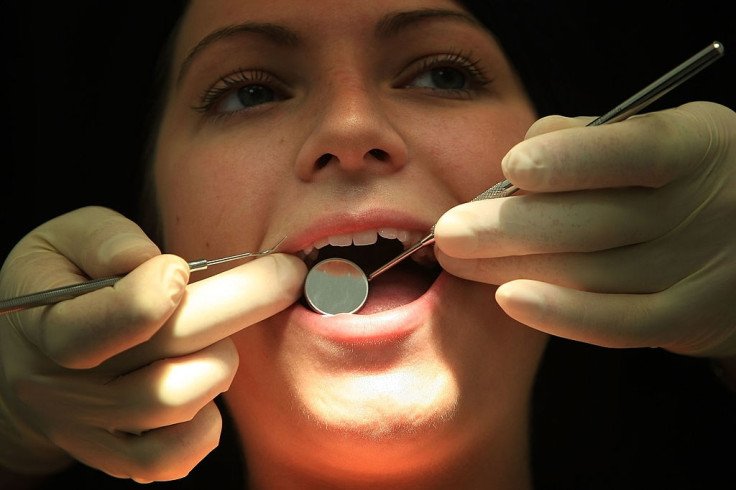Chinese robot carries out world's first fully automated dental implant
The robot maintained high-precision accuracy and adjusted with patient's movements.

A woman just played host to the world's first fully-automated dental implant procedure. A Chinese robot implanted artificial teeth into her mouth with no human assistance, according to a report in South China Morning Post.
The bot, developed by researchers from Beihang University in Beijing and the Fourth Military Medical University's Stomatological Hospital, was oriented with the head and mouth of the patient and fed with a series of commands – movement, angles, and depth required for accurate placement – before the surgery.
Then, after necessary tests and analysis, the researchers went ahead with the operation. The machine took nearly an hour to install the 3D-printed teeth while making adjustments according to the patient's movements.
According to experts, who witnessed the surgery, the implants were installed within a margin of error of 0.2-0.3 mm – which is in line with the precision standards required for such surgeries.
The crucial thing, however, was the whole procedure went down without any kind of intervention or assistance from the medical staff supervising the surgery. Dr Zhao Yimin, who works at the hospital, told the newspaper that the robot combines dentists' expertise with technology to avoid mistakes caused by human error.
Robots have been effective in assisting dentists with surgeries. Earlier in March, FDA approved Yomi, a robot system designed to assist with dental implant procedures. But a bot that could carry dental implant surgeries on its own and with high precision could take things to a whole new level, particularly in a country like China where qualified dentists are hard to find.
Out of a population of some 400 million needing dental implants, only one million get it done every year in the country. Unqualified dentists, on the other hand, often create further complications for patients.
The idea of robot dentists is clearly promising, but it could also raise safety concerns among people undergoing surgeries. To recall, a study, conducted in 2015, noted as many as144 patient deaths occurred due to the use of machines – a number which could potentially rise if things go wrong.
© Copyright IBTimes 2025. All rights reserved.





















